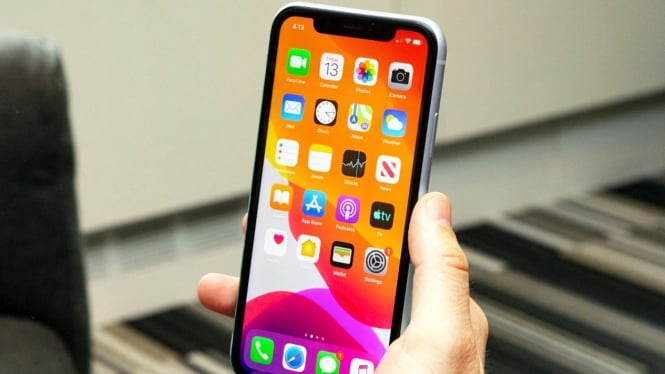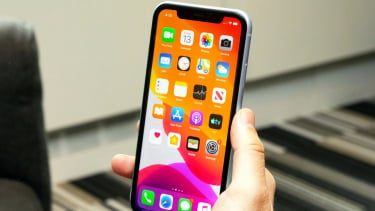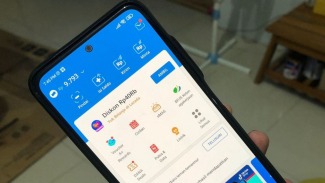South Korea Bans Its Soldiers to Use iPhone
- Techradar
South Korea – South Korea has banned its soldiers from using iPhones in military buildings due to increasing concerns about possible leaks of sensitive information through voice recordings.
However, Android phones, especially those made by local manufacturer Samsung, are still allowed to be used.
Local media reported that the ban stems from concerns about the potential leakage of sensitive data and information through voice recordings.
A document released on the Air Force Headquarters' internal network reportedly states clearly that carrying iPhones will be banned completely.
The report further explained that a review is underway to extend this ban to all subordinate units.
VIVA Militer: Pasukan Angkatan Bersenjata Korea Selatan (ROK Armed Forces)
- breakingdefense.com
The number of military personnel at the headquarters alone is estimated to be 10,000. If the ban extends to all units, then nearly 500,000 military personnel will be prohibited from using iPhones for their official communications.
The main concern is not that the iPhone has inherent security flaws, but that it does not comply with restrictions imposed by National Defense Mobile Security – a mobile device management application that military personnel are required to have on their devices.
When enabled, this app restricts many smartphone features, such as the camera, Wi-Fi, microphone, tethering and more.
However, except for the camera, Apple does not allow third-party apps to control native iPhone features, so the app cannot restrict USB, microphone, tethering and other iPhone features.
This security app was released by the Ministry of Defense in 2013 to reduce the possibility of classified information leaking from its headquarters.
Initially, it was only required for officers and public officials working in the Defense Ministry, but has now been extended to all joint military personnel, namely the Army, Navy and Air Force.
Android does not impose such feature control restrictions, which is why Samsung devices can be used as usual despite the iPhone ban.
The iPhone ban is reportedly still in the trial stage and a wider implementation is expected in the next few months.



























